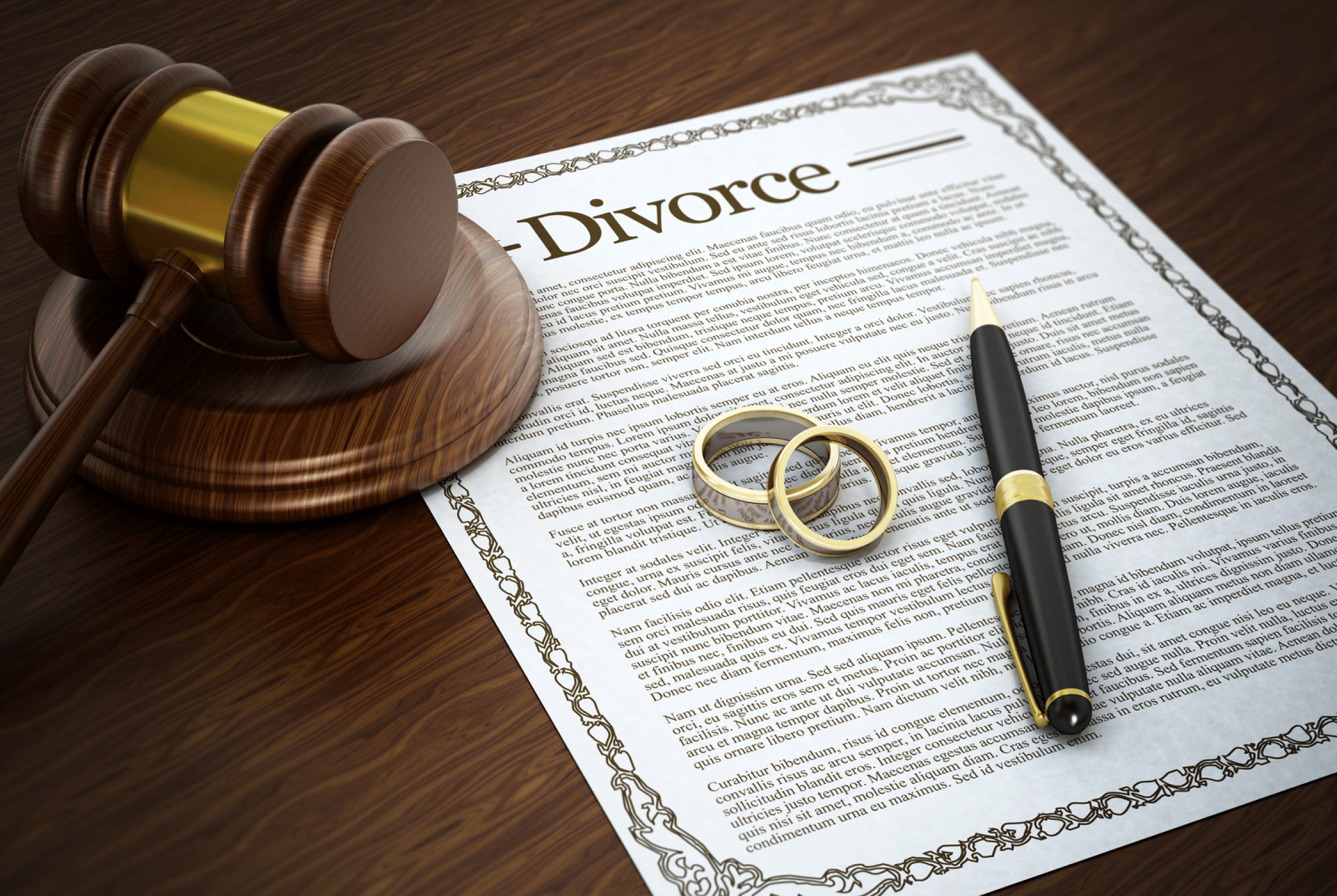While both divorce and annulment end the marriage in the eyes of the law, annulment seeks to dissolve a marriage that was invalid from the start. Florida legal precedent outlines specific circumstances where a married couple can receive a civil annulment. Contact the family law attorneys at the Law Offices of Travis R. Walker on Florida’s Treasure Coast to find out how to get an annulment in Florida.
Like divorce, a civil annulment in Florida legally dissolves a marriage relationship. The main difference between a divorce and a civil annulment is that divorce dissolves a valid marriage. On the other hand, an annulment acknowledges that a valid marriage never really existed at all. An annulment declares the marriage void from the beginning or voidable because of some defect that surfaced during the marriage.
Civil annulments differ from religious annulments, which a church or clergy member grants for spiritual reasons. Florida law does not recognize religious annulments.
If you have questions about how to get an annulment in Florida, call the divorce lawyers at the Law Offices of Travis R. Walker, P.A. in Stuart to learn about your options.
“When it comes to annulment versus divorce, it’s not a one-size-fits-all answer. Annulment typically requires meeting specific criteria like fraud or incapacity, while divorce may be simpler for many situations. We can help navigate this complex decision based on your unique circumstances at the law offices of Travis R Walker.”
-Travis R. Walker | Founder and Philanthropist


What Are the Grounds for Annulment in Florida?
Florida annulment law presumes that all marriages are valid and legal until proven otherwise. The burden of proof falls on the person petitioning for an annulment. They must be able to show evidence that would favor annulment over divorce. Florida also recognizes the difference between void marriages and voidable marriages.
Void Marriages
Marital unions that were legally invalid from the very beginning are known as void marriages. All void marriages can be annulled in Florida. While you don’t have to file a petition for annulment in the case of a void marriage since it’s invalid by default, it’s a good idea to do so anyway. Examples of void marriages in Florida include those that involve:
- Bigamy, where one spouse is already legally married to someone else
- Incest, which occurs when a couple is closely related
- Permanent mental incapacitation that prevented consent to marriage
- Same-sex couples who are seeking an annulment
- Two underage minors for whom parental consent was not given
Voidable Marriages
Marriages that may have once been valid but are later found to be invalid based on certain circumstances are voidable. Courts infrequently grant annulments for voidable marriages, instead requiring the couples to go through divorce proceedings. State statutes don’t directly address annulment. Instead, Florida courts act based on precedents set by past annulment rulings. Florida appellate courts recognize the following as grounds for annulment in Florida:
- Temporary lack of capacity, in which at least one spouse could not consent to marriage because they were under the influence of drugs or alcohol or temporarily insane
- Fraud, where a spouse fraudulently misrepresented something about themselves, intending to trick the other into marriage.
- One spouse is underage, and a parent did not consent to the marriage
- One or both spouses entered the marriage by coercion or force and under duress.
- Impotence, if the other spouse was unaware of it at the time of the marriage.
- One or both spouses married as a joke.
In cases of fraud, the misrepresentation must directly impact the condition of the marriage. For example, one spouse married the other without intending to share a marital home.
What Does it Mean to Consummate a Marriage?
Courts may find a voidable marriage valid if it can be proven that the couple engaged in a sexual relationship after the injured party became aware of any fraud, coercion, or lack of capacity. This is known as consummating a marriage, and the court may deny an annulment and require the couple to divorce to terminate the marriage.
The rationale for denying annulment in such circumstances is that the wronged spouse has waived any right to complain about wrongdoing by voluntarily engaging in a sexual relationship while being aware of the truth.
Does My Spouse Have to Agree to Annul Our Marriage in Florida?
No. Florida is a no-fault divorce state. You can file for divorce or an annulment in Florida without your spouse.
What Does an Annulment Do in Florida?
Annulment mainly differs from a divorce in Florida with the division of assets. After an annulment is granted, the marriage is nullified with the following effects:
- Neither former spouse can claim rights to the property of the other.
- The parties cannot take advantage of spousal inheritance laws.
- Neither party has rights to the other’s retirement savings, health insurance, or other benefits.
- The court will award no spousal support.
- Both spouses leave the marriage with the property, assets, and debt they brought into the marriage.
Will My Children Be Recognized if the Marriage Is Annulled?
Children who are the product of a voidable marriage in Florida are still recognized under state law. Since the marriage was deemed valid at one time, the state views children whose parents have had their marriage annulled in the same way it views the children of divorced couples.
As part of your petition for annulment, Florida’s circuit court will also make judgments about child custody, child support, and visitation. Both parents must complete a parenting plan as part of the annulment process when minor children are involved.
How to Get an Annulment in Florida
To be granted an annulment, you must first petition the court and ask for the marriage to be legally invalidated. Annulment proceedings follow all other Florida family law rules of procedure.
Step 1: Complete a Petition for Annulment of Marriage
Fill out a copy of a Florida Petition for Annulment of Marriage. You must specify on the petition whether the marriage is void or voidable and why you believe it to be so. The court uses a high standard of proof when granting annulments, so be sure to be very specific, or you risk having your case dismissed before a court even considers it. A Florida divorce lawyer can help you complete and file the petition. All petitions for annulment must be filed in Florida’s circuit courts.
Step 2: Wait for Your Spouse to Respond
Under Florida law, the non-petitioning spouse has 20 days from the date of filing to respond to the annulment paperwork. This response period applies even if that spouse also wants an annulment.
If the other spouse disagrees with the annulment petition, they can file a counterclaim for dissolution of marriage. Should the court rule in favor of the counterclaim, you would be granted a divorce instead of an annulment.
Get Advice from Our Divorce Lawyers
In most cases, getting a divorce in Florida is much easier than pursuing an annulment. However, despite the difficulty, it’s not impossible. Filing for an annulment can be a complicated process, though. You need to consult an experienced family law attorney early in the process if you believe you qualify.
Contact the legal team at Travis Walker Law to schedule a consultation today. One of our lawyers can explain your rights and guide you through filing for an annulment. We serve clients throughout Martin, Indian River, and St. Lucie counties and the surrounding area, specializing in divorce, guardianship, and other family law issues. When your family is going through tough times, our compassionate and knowledgeable attorneys stand ready to serve so you can move on with your life.













